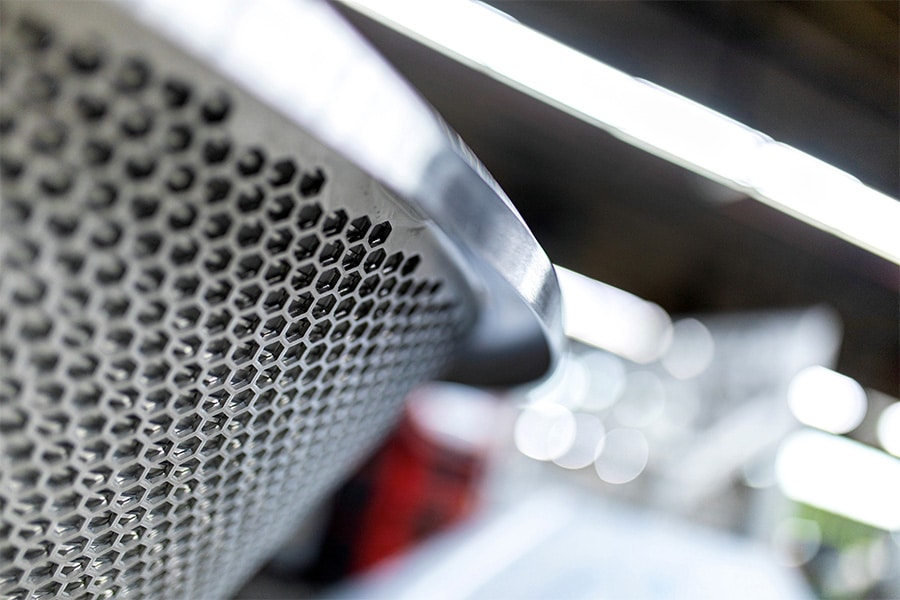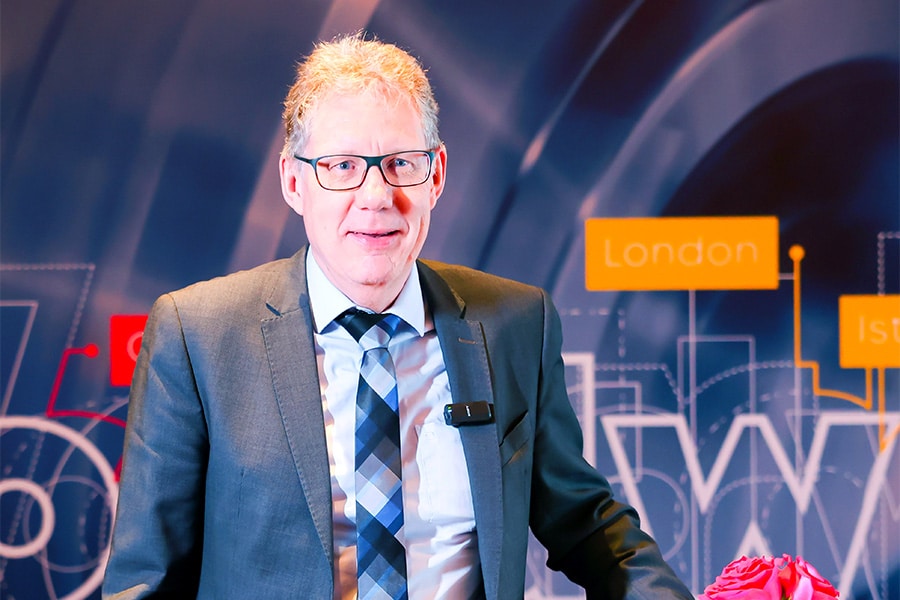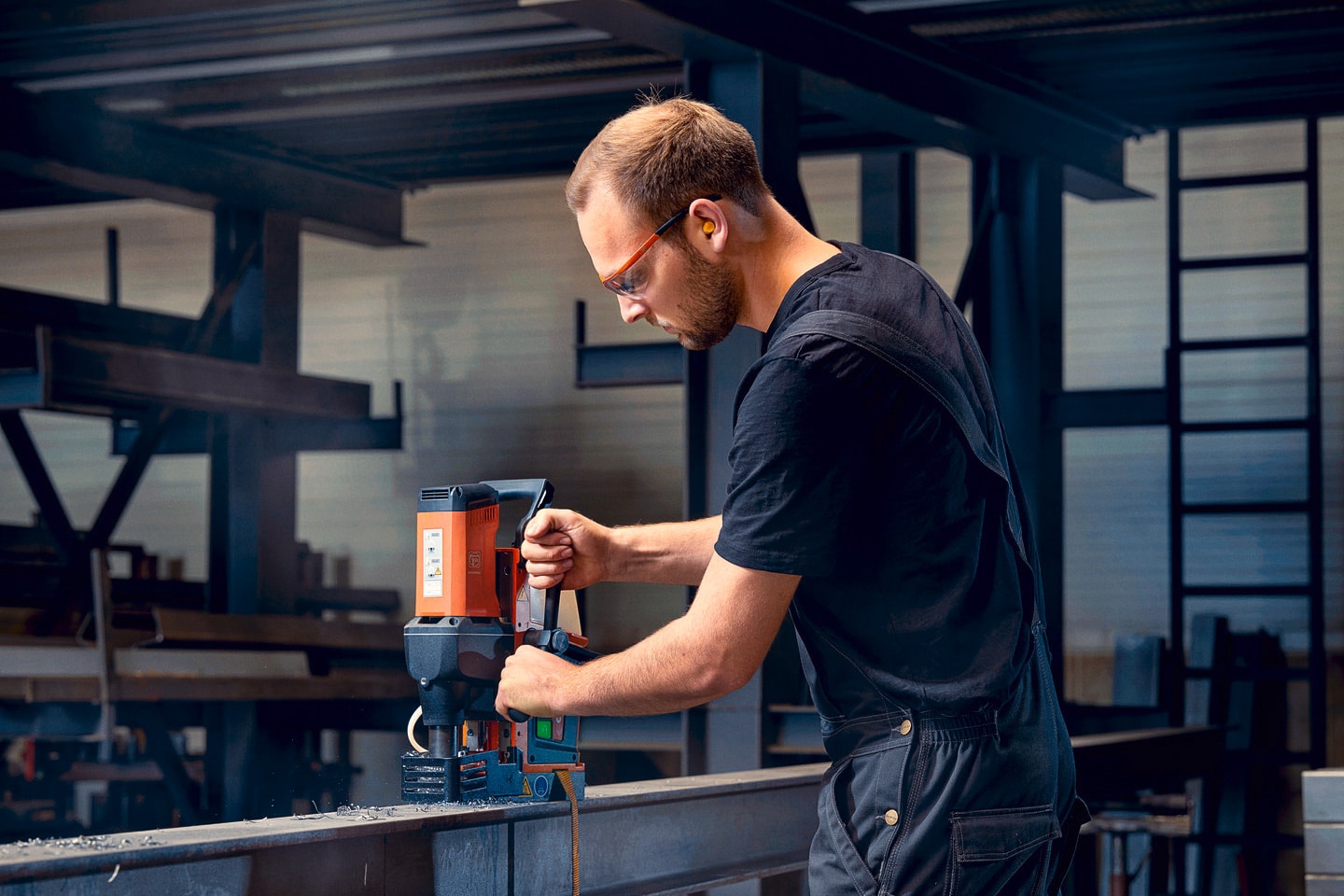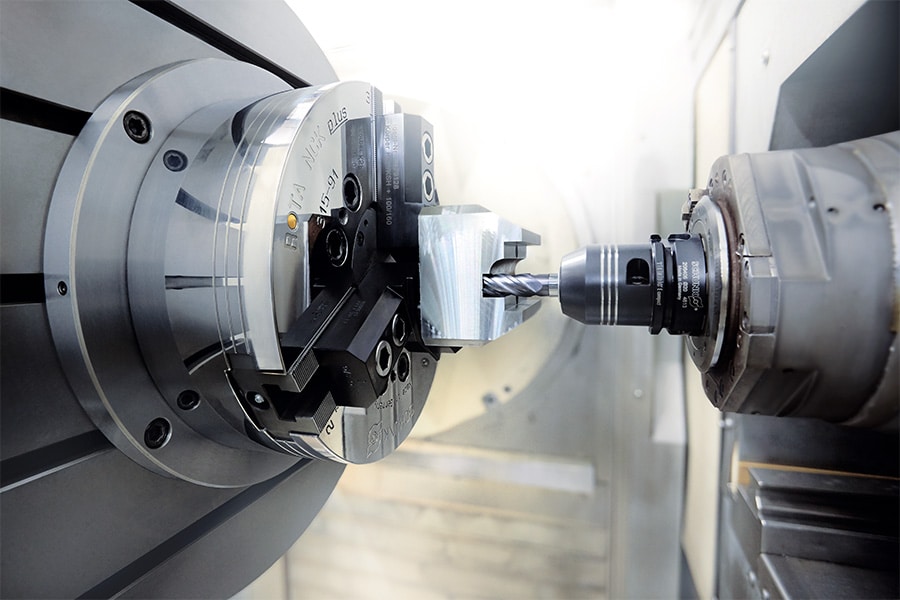
Researchers Flanders Make @ UAntwerpen develop new remote lung screening device to help doctors worldwide fight COVID-19 pandemic
Tests run in intensive care environment at University Hospital Antwerp
Regular lung examinations are fundamental to following up COVID-19 patients and quite a challenge for medical staff. Doctors must enter the patient's room in sterile clothing and then change clothes completely and wash their hands before examining the next patient. To improve safety and reduce their workload, a team of researchers from Flanders Make @ UAntwerpen has developed a remote stethoscope system that allows lung examinations without direct contact with the patient. Testing is currently underway at the University Hospital Antwerp. The system will be offered as an open source solution to support physicians worldwide.
"To fight this pandemic, it is fundamental that research institutions assume their social role and work together to quickly develop the necessary technical solutions. Flanders Make is releasing operating funds of 1 million euros to develop technological solutions, both for our hospitals and for our companies. This brand new remote lung research system is a fantastic result of that collaboration and will contribute to safe and efficient lung research worldwide," said Urbain Vandeurzen, Chairman of Flanders Make.
COVID-19 infections often cause severe acute respiratory syndromes, which is why one of the most commonly performed examinations is listening to the lungs with a stethoscope. "There are several types of lung sounds that can be assessed with a stethoscope, all of which contribute to clinical follow-up of the patient's condition. These examinations are very time consuming, especially when large numbers of patients need to be examined. This is the case in almost all hospitals during this COVID-19 crisis," said Dr. Stijn Verhulst of the University Hospital of Antwerp.
Digitized stethoscopes
Direct contact with patients and the use of a stethoscope also pose contamination risks. Quite a few healthcare providers worldwide have already been infected while treating their patients.
It is exactly where the newly developed system helps. It consists of a number of digitized stethoscopes that can remain on the patient's body, all connected to a computer located in the medical staff's consulting room. On April 15, a pilot project with several intensive care beds was launched at the University Hospital of Antwerp. "The developed system also allows solutions for remote sensing in places other than intensive care, for example in residential care centers," said Rudy Mattheus, board member of the University Hospital Antwerp and president of Voka Health Community, according to whom the system has an important role to play as a medical tool in the near future.
"A big advantage of the system is that a team of doctors can listen together and work together to evaluate a patient. They can even compare results over a period of time and assess patients' progress more objectively, all without direct contact with the patient," said Prof. Jan Steckel, principal investigator of this project at CoSys-lab, a research team at Flanders Make @ Antwerp University specializing in sound signal processing. "It is easy to make and consists of cheap and easily commercially available equipment, such as microphones, small computers and sound cards. People experienced in engineering and computer networking can easily recreate the system and assist hospitals in installing it. The system not only has the potential to help during the current COVID-19 pandemic, but also increases the diagnostic quality of this type of lung screening and helps patients with respiratory diseases."
Opensource solution
"This project builds on the long-standing expertise in sound processing of our UAntwerpen research group and was created in just a few weeks," explained Marc Engels, COO of Flanders Make. "Once the tests currently running at the University Hospital Antwerp are successfully completed, we will offer the system as an open source solution to help physicians around the world."
Hilde Crevits, Flemish Minister of Innovation, concludes, "Our Flemish researchers and scientists are world-class and this is proven once again during this corona crisis. Not only do we in Flanders have great expertise in developing vaccines or antivirals against COVID-19, our manufacturing industry is also highly innovative. This example of "remote auscultation" demonstrates well how technology can facilitate and improve patient care. As Minister of Science and Innovation, I can only be extremely proud of our researchers in the fight against corona."



